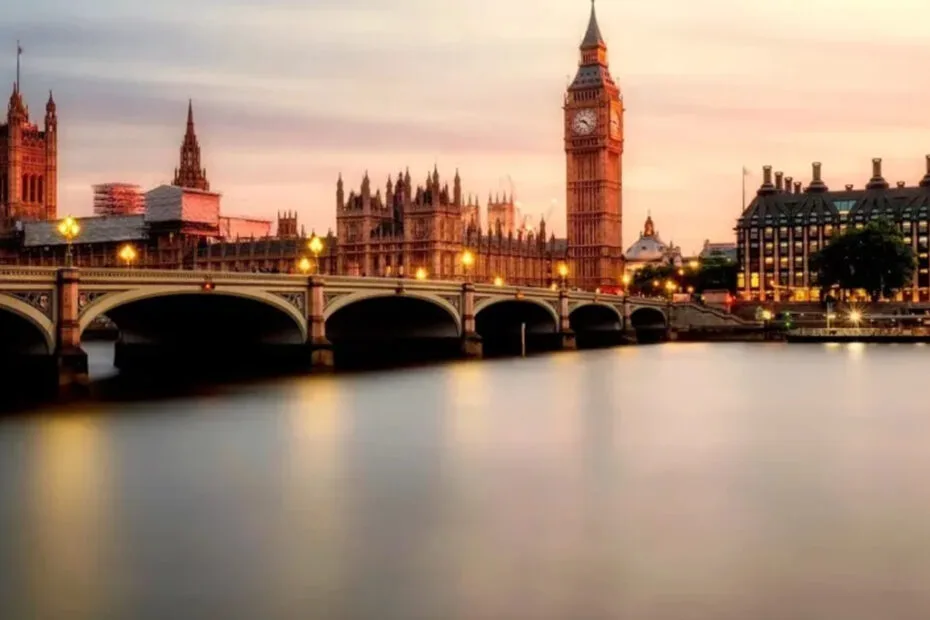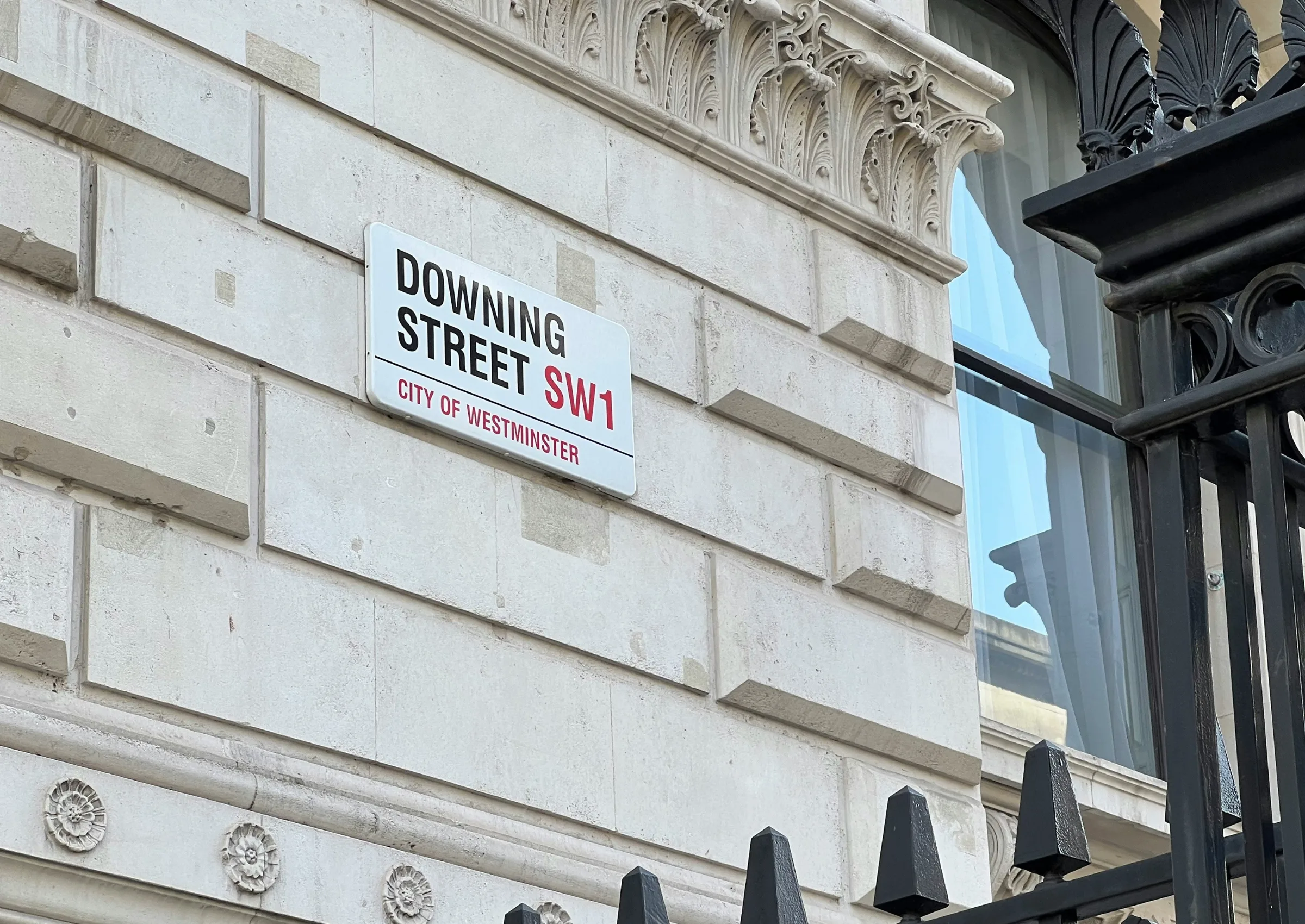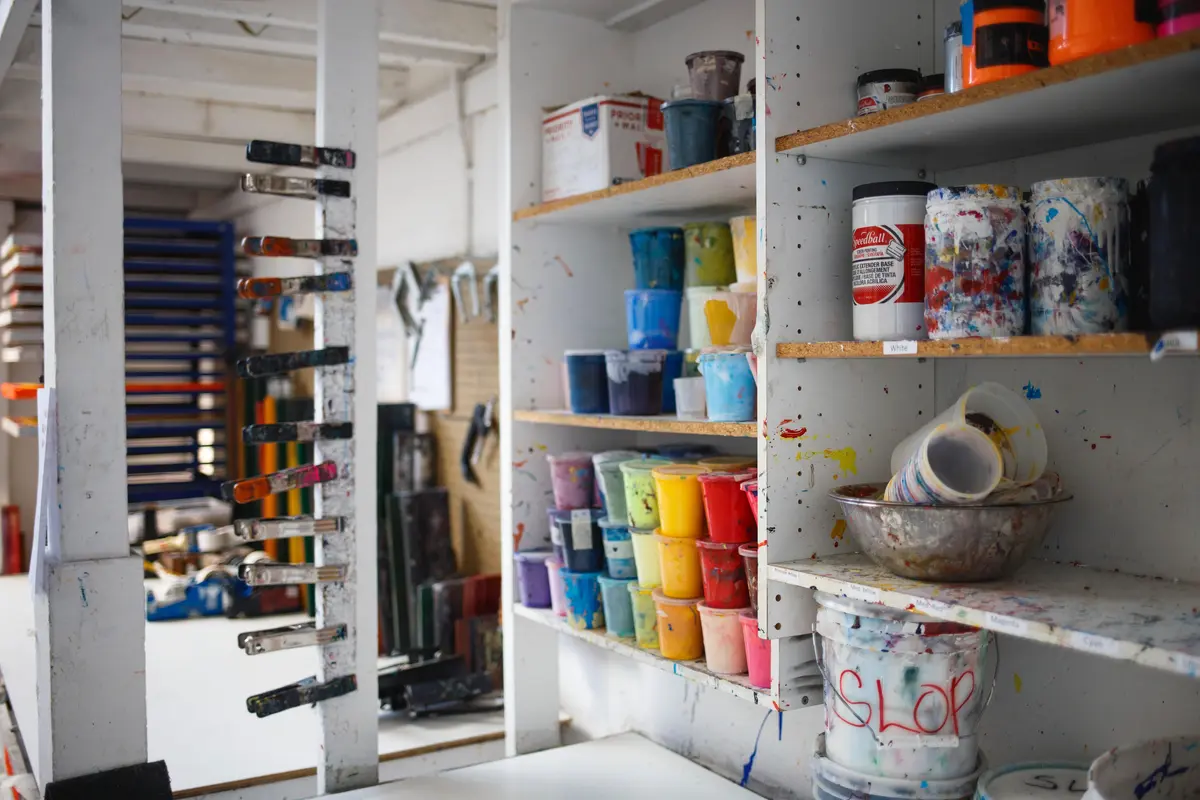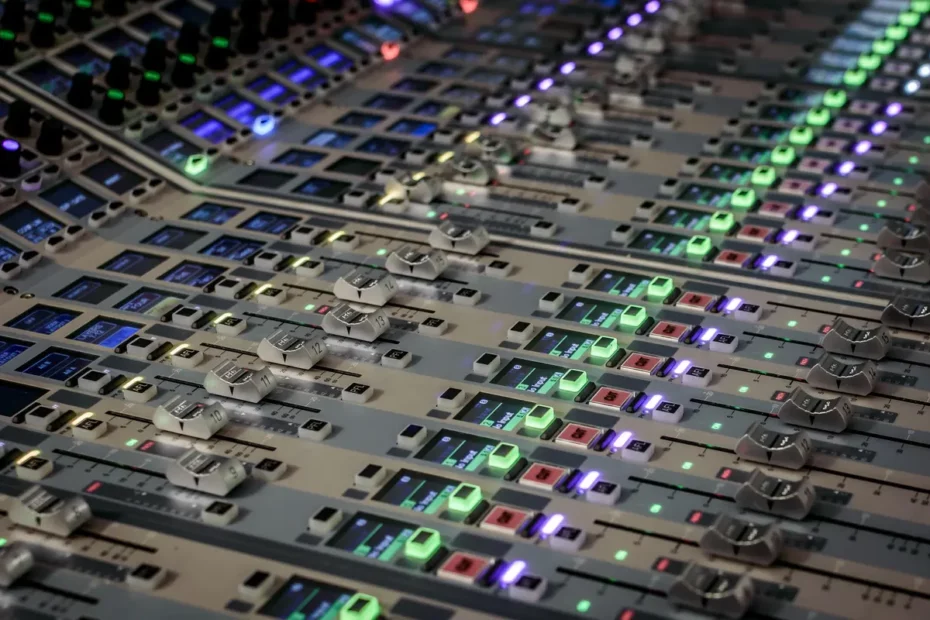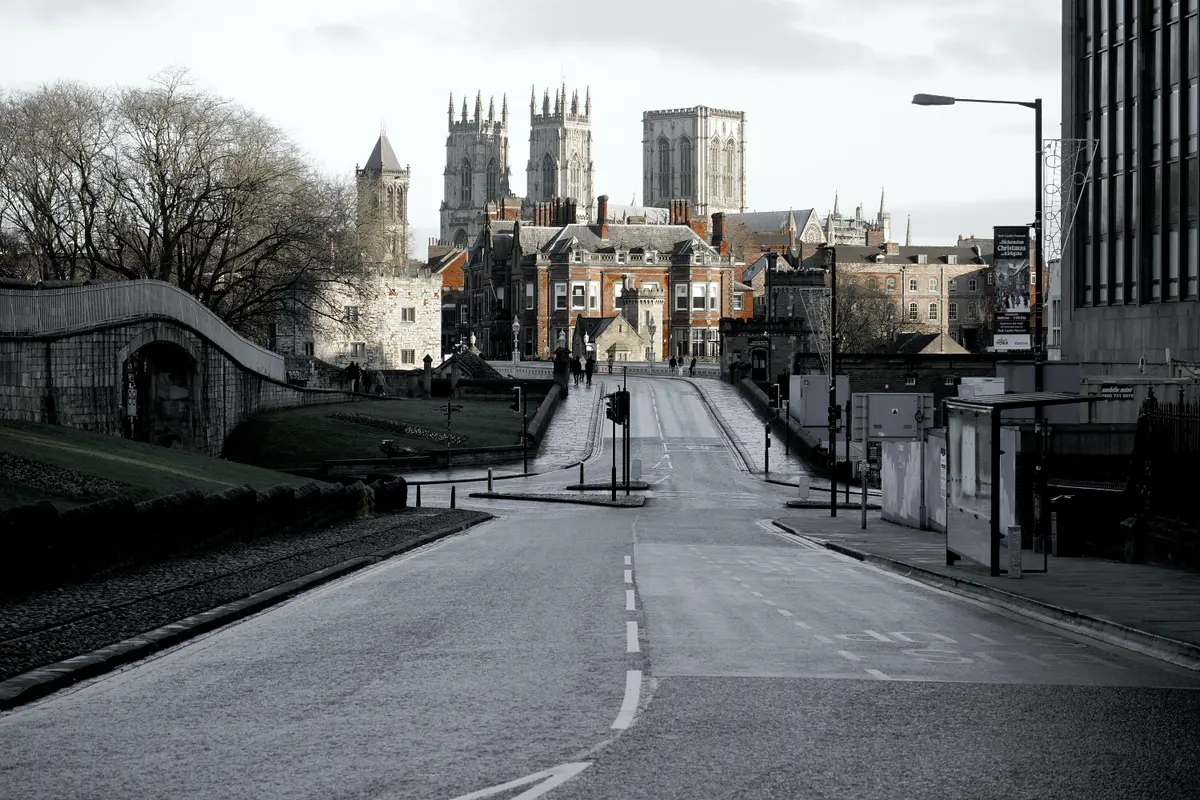The UK’s creative industries – from film to fashion, and from video games to the performing arts – are integral to local communities throughout the country.
This is in part because of the economic importance of the sector: one in eight UK businesses are part of the creative industries, and together they contributed almost £116 billion in GVA in 2019, growing twice as fast as the rest of the UK economy as a whole in the past decade (DCMS, 2021).
This Comprehensive Spending Review gives the government an opportunity to stimulate growth in a world-leading sector, many parts of which have been severely affected as a result of the pandemic.
In this representation we highlight three different policy areas where recent PEC evidence suggests policy change is needed:
- Innovation-led recovery: R&D & Artificial intelligence:
- How R&D tax relief and support could be more inclusive to creative sectors
- Support for an AI and Creative Industries Centre to develop broader AI ambitions
- UK-wide investment:
- Support for the AHRC-led Clusters+ programme and their sector-wide infrastructure investment
- Recognise the needs of the creative sector in the Levelling Up Fund and other business support funds
- Consider how the ‘Preston Model’ could support local growth
- Creative workforce: Supporting Self-Employed creatives, Social Mobility, & Immigration:
- Consider calls for a Freelance Commissioner
- Recognise the structures, opportunities and limitations of freelance work in UK skills policy
- Level up early life experiences – ensure fair and equal access to culture and cultural education
- Unlock the potential of creative education as the great leveller
Full links to the research referenced in this representation can be found at the end of this paper.
As with all Spending Review representations the AHRC-funded PEC makes to the government, this briefing should not be read as a “manifesto for the creative industries” covering all areas where support is needed, but rather, specific areas where our evidence strongly points to action that would help grow the sector.
Thumbnail photo by Oleg Magni from Pexels
Government Submissions
Creative PEC Submission for the Arts Council England Public Review
On 16 December 2025, the Department for Culture Media and Sport (DCMS) published its Independent Rev…
Creative PEC response to the AI and Copyright Consultation
Read the Government Submission on AI and Copyright from Creative PEC.
Invest 2035: The UK’s Modern Industrial Strategy
Creative PEC Response In November 2024 the UK Government published a green paper, Invest 2035: The U…
Curriculum Review Call for Evidence – Creative PEC Submission
Introduction Creative PEC provided a limited response to the UK Government’s Curriculum Review…
Representation for the 2024 Autumn Budget
Creative PEC’s Response Introduction The creative industries are a significant part of the UK …
Scaling Up: AI and Creative Tech
Creative PEC Submission for the Communications and Digital Committee Creative PEC responded to the U…
Autumn Statement 2023 – Creative PEC’s representation
The Autumn Statement presents an opportunity for the government to supercharge its plans laid out in…
Culture, Media and Sport Committee’s British Film and High-End Television Inquiry
Creative PEC’s Response Executive Summary In this submission, the Creative Industries Policy a…
Work Advance & PEC oral evidence to House of Lords: Creative Futures 2022
The House of Lords Communications and Digital Committee is undertaking an inquiry into the future of…
PEC Response to the House of Lords Communications and Digital Committee inquiry “A creative future”
This submission from the Creative Industries Policy and Evidence Centre responds to the questions po…
PEC Submission to the DCMS consultation on ‘A change of ownership of Channel 4 Television Corporation’
This submission of written evidence was prepared in response to the ‘Consultation on a change of own…
Response to the DCMS Committee ‘Cultural Placemaking and the Levelling Up Agenda’
This submission from the Creative Industries Policy and Evidence Centre aims to answer the questions…
